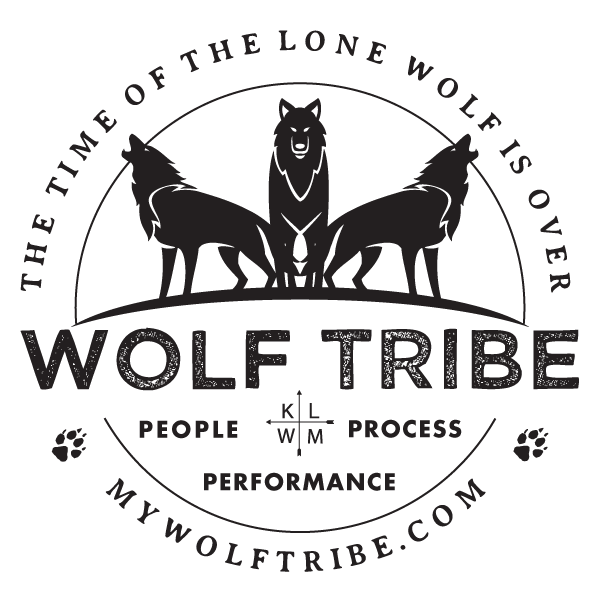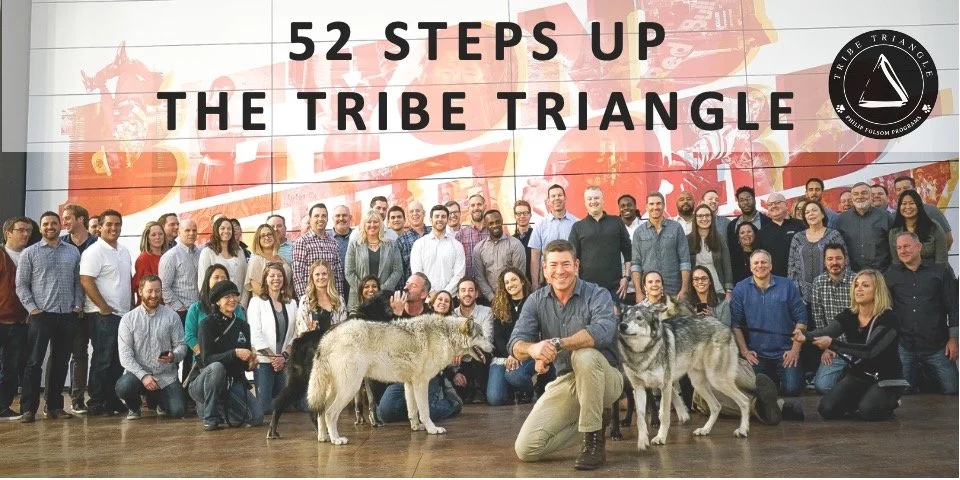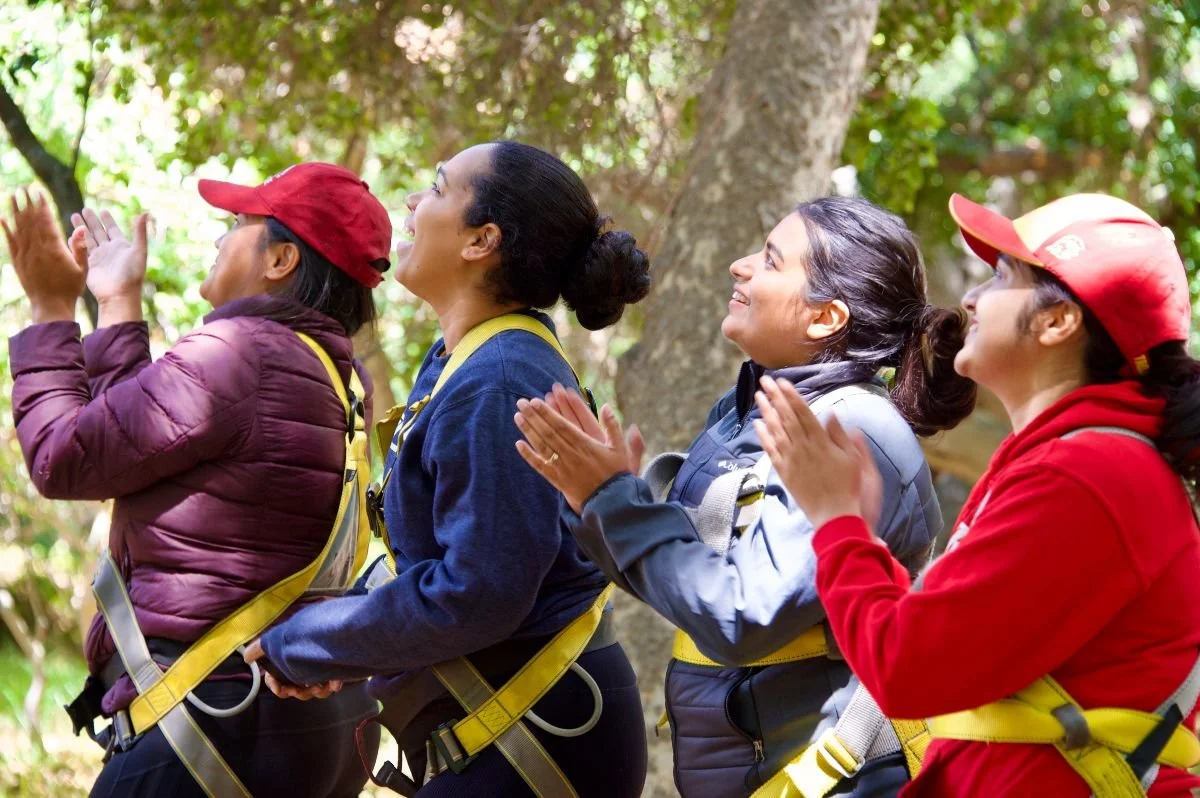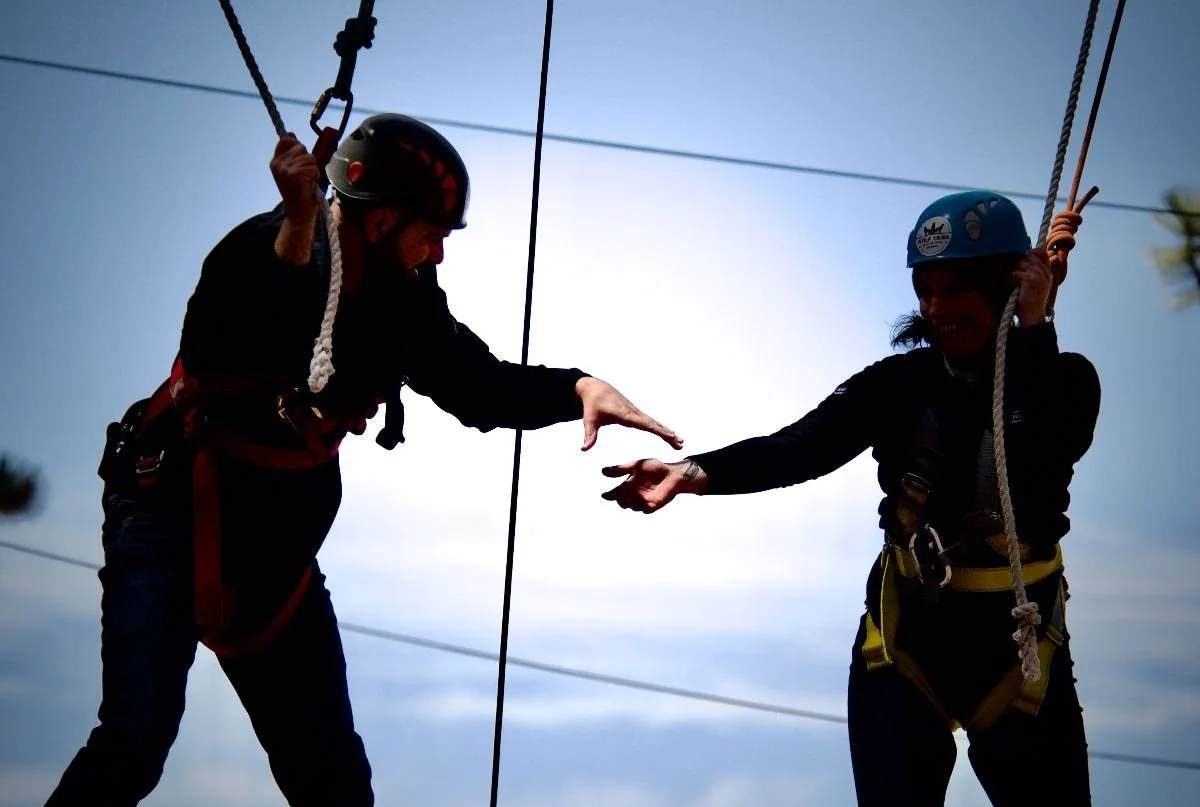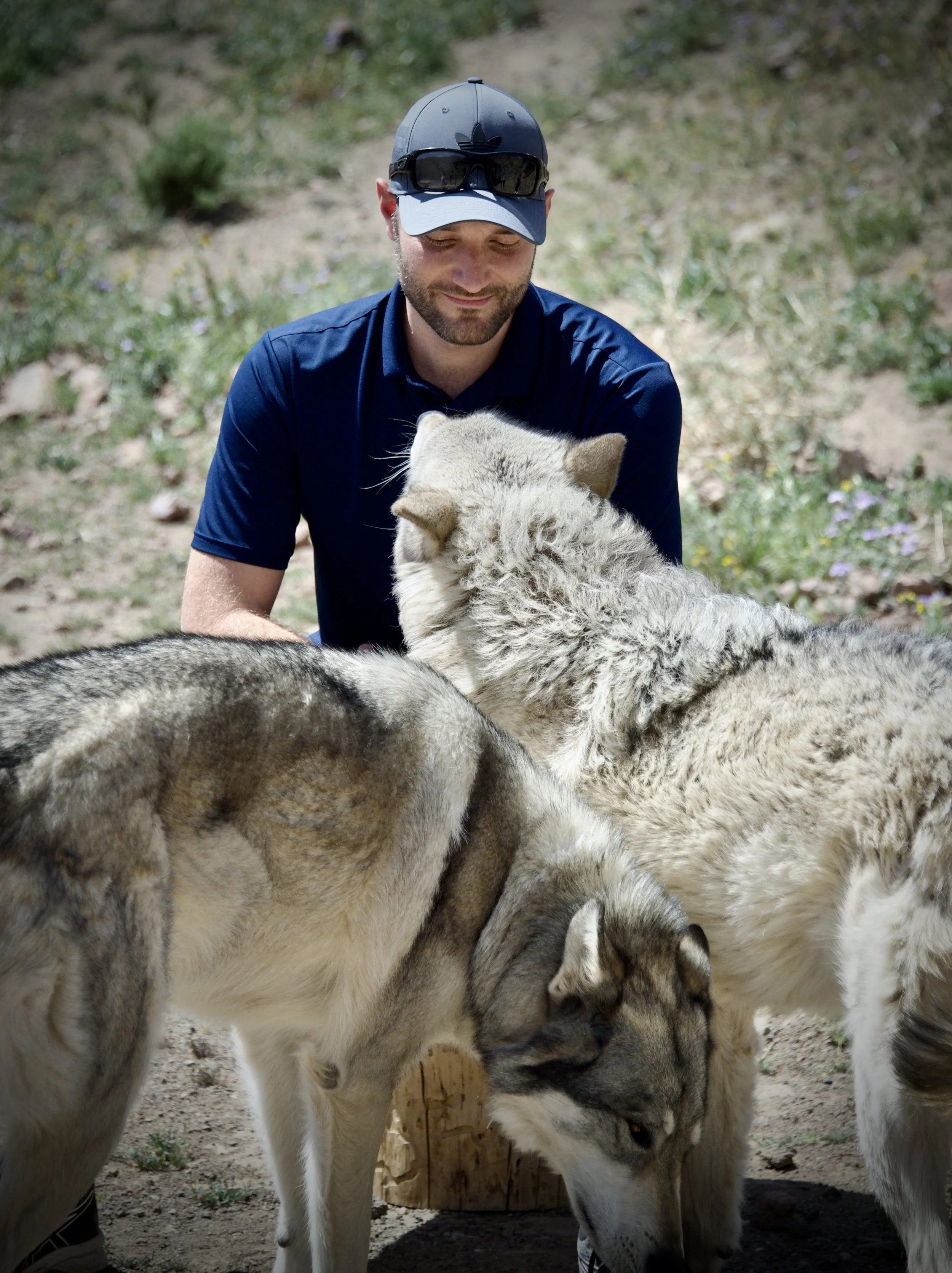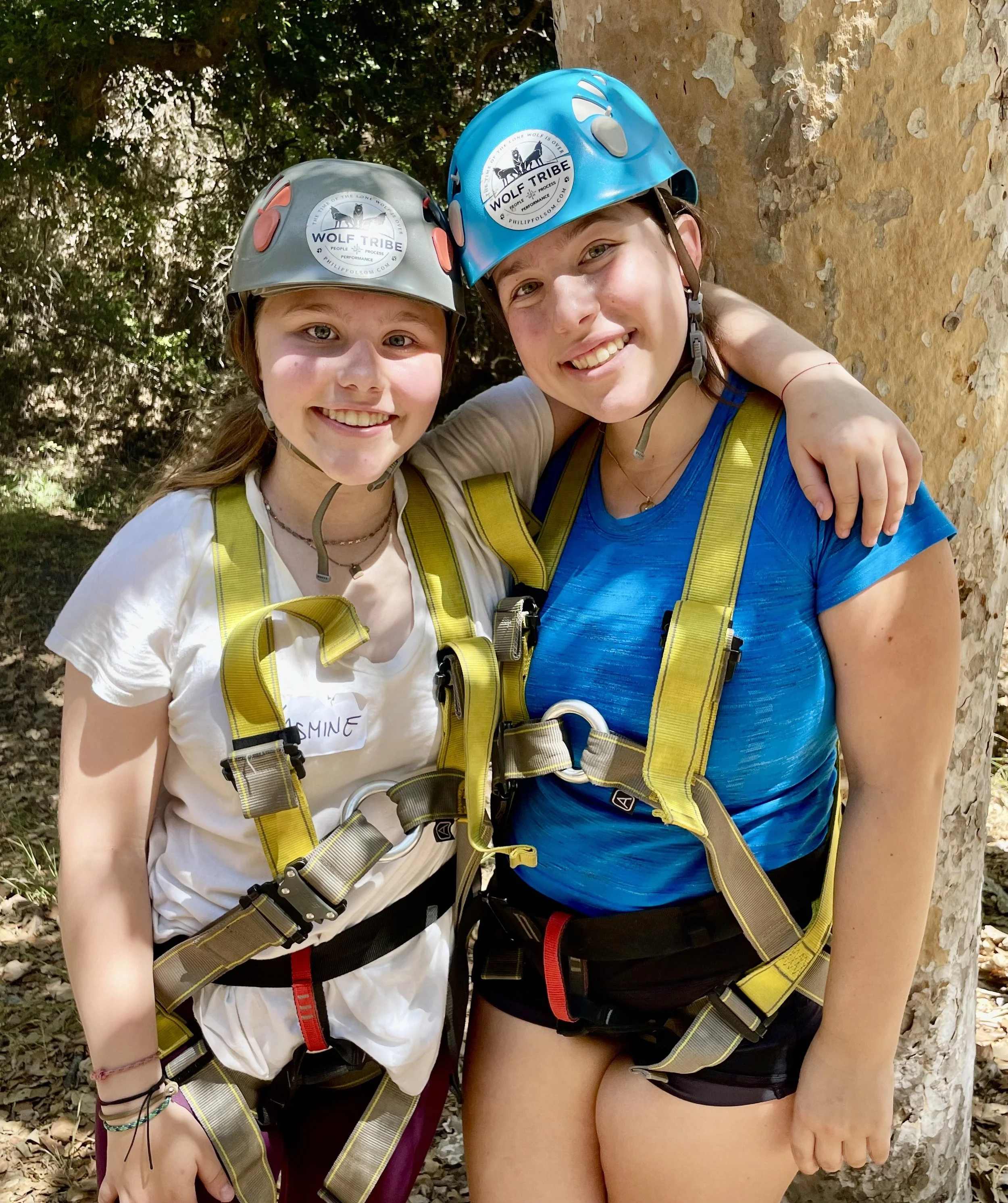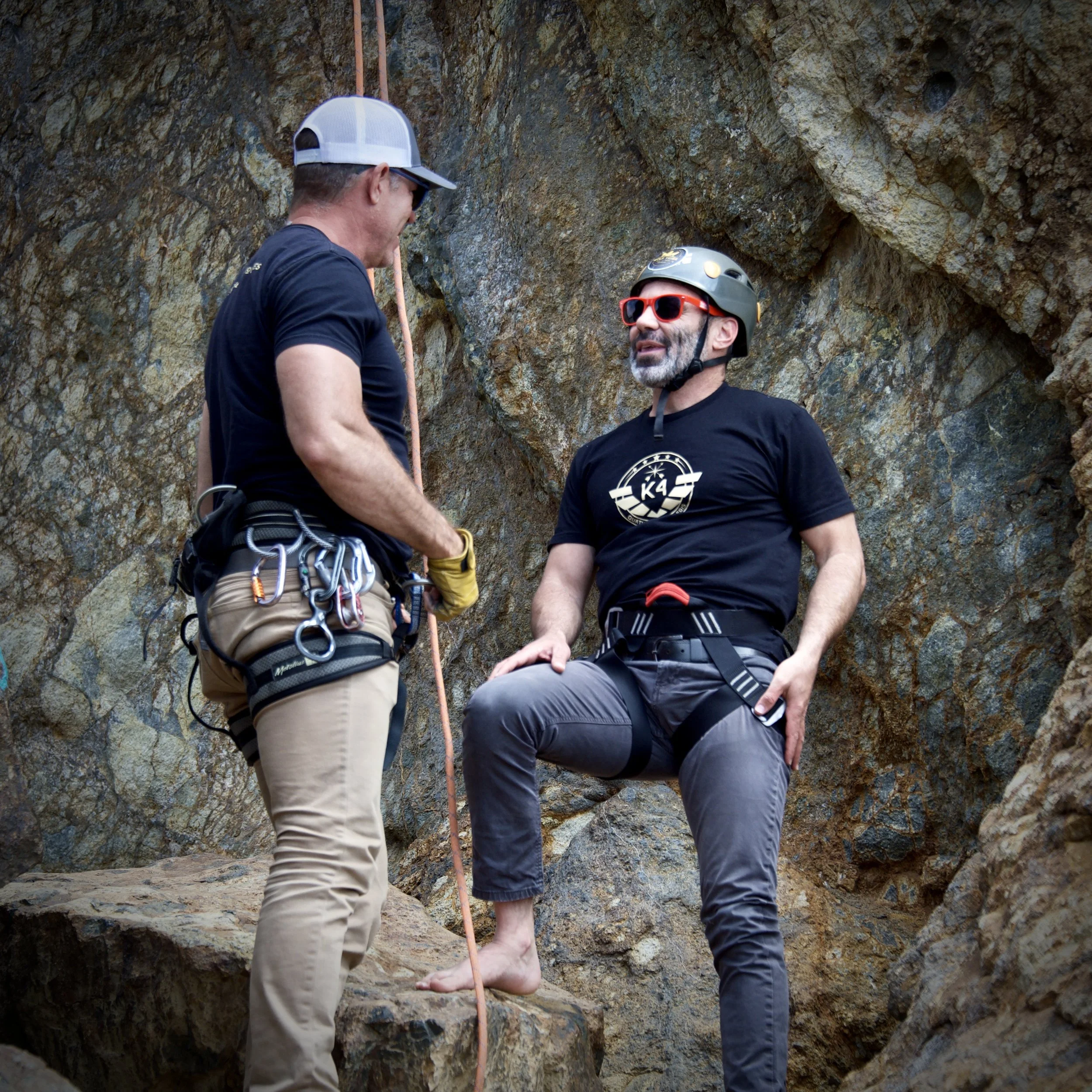Step 23 Up the Tribe Triangle: The Unexpected Power of Appreciation
“The deepest principle of human nature is a craving
to be appreciated.”
William James, American Psychologist and Philosopher
Appreciation is the glue that holds your tribe together and the gas in your kinship engine. It is the single highest driver of engagement and retention, according to a recent worldwide study and team members who feel like their leaders and managers are genuinely interested in their wellbeing and performance exhibit measurable and sustainable success. The same can be said for your family and community.
Over 80% of employees who are appreciated with some form of recognition in the last 30 days report being fulfilled at work. The American Psychological Association found that over 90% of employees who feel valued perform better and stay engaged at work.
In the Global Happiness Council’s 2019 report there were clear correlations between appreciation, increased retention rates, and higher overall performance rating increases. This was particularly true for high-performing employees who received more frequent recognition.
The data in the study also revealed the powerful impact of practicing appreciation and gratitude on the givers themselves, and “The more employees offered praise, the more praise they received in return, creating a virtuous circle of positivity and success.”
Unfortunately, like so many other vital aspects of kinship in contemporary culture, appreciation is in short supply and less than 40% of employees feel authentically acknowledged in their careers. According to McKinsey & Co., 52% of employees admit feeling undervalued by their managers. Employees who feel they are not recognized are over twice likely to quit as those who feel appreciated. Appreciation is gas in the kinship tank of your team.
The current level of employee frustration and dissatisfaction underscores how critical it is that leadership make appreciation skills foundational to their organizational norms and practice it regularly.
Appreciation is a form of active respect and at the most basic level, appreciation makes us feel safe, which liberates us to do our best work. Without appreciation you will find that your team will struggle with risk-taking, innovation and accountability which are all aspects of the next level of the Tribe Triangle after kinship. Without appreciation you will struggle with maintaining kinship and you will not be able to move into the sustainable success of healthy conflict.
“Next to physical survival, the greatest need of a human being is psychological survival—to be understood, to be validated,
to be appreciated.”
William Covey, 7 Habits of Highly Effective People
There is a tendency to view and express appreciation as an aspect of our personal lives, however, appreciation in the workplace is especially critical because it satisfies the higher psychological need to feel a sense of belonging and meaning connected to something greater than ourselves in the place where we spend most of our time.
The desire for meaning at work is part of an organizational and psychological recalibration and return towards a more human workplace. When your people feel appreciated, valued and respected, you will see an organic movement of your tribe in the direction their fullest potential.
Like most of the other kinship drivers of society, appreciation skills are simply not utilized enough that they are normalized and comfortable. We have gotten rusty at using them. Like most other leadership tools and techniques, authentic expression is a perishable skill and one we can all get better at with practice. When you start building your gratitude appreciation muscle, others will follow. Remember you are the Head of Culture before you are anything else!
Practice appreciation by starting with yourself.
“A state of appreciation is one of the highest
vibrational emotional states possible.”
Jack Canfield, The Success Principles (2015)
If you have difficulty openly appreciating others, you will probably discover that you have some challenges appreciating yourself. Explore investing some time to ask yourself “What did I overcome today?” Give yourself the appreciation and grace that you would give to your people.
Studies show that by expressing gratitude, it raises your own happiness by as much as 25%. By sharing your appreciation for others, you will build and maintain healthier relationships, and will also feel better about yourself. This is another example of the reciprocity that is the engine of kinship and you are part of it!
One of the challenges of expressing appreciation is it makes us vulnerable. Authentic appreciation creates a powerful, human connection between both the giver and receiver. Letting people know that what they did benefited you and impacted you positively is an intimate act that elevates the relationship as well as performance. In the in-depth 2019 Global Happiness and Well-Being Policy Report, the Global Happiness Council estimated that appreciation drives well-being and yields a 10% increase in productivity. This applies to you as well, Tribe Leader!
Appreciation is the act of giving recognition. When we recognize one another, it inspires the person we’ve thanked to pass that feeling on to someone else, leading to a ripple in happiness, well-being, morale, belonging and engagement. All of these drivers of kinship directly improve profit, performance and productivity.
Be specific, timely and consistent with your appreciation.
“Mankind will not die for lack of information;
it may perish for lack of appreciation.”
-Rabbi Abraham Joshua Heschel, Who Is Man? (1965)
Having the awareness that appreciation is vital is the first step towards a culture of gratitude but the skills to deliver appreciation effectively and powerfully is where we get the real results.
The more specific you can be about what your vision is for the future and the values that will get you there the more effective your appreciation will be for your team. It will clarify what needs to be appreciated and help drive organization norms. When our appreciation is specific to the individual and specific to the behavior it carries genuine meaning.
In addition to specifics, we also must direct our appreciation at the intent and the effort not just the achievement. Acknowledge the stresses that were overcome and challenges that were faced above the project outcome. This is how we build kinship, trust and safety. These all supply the foundation for the accountability phase that comes next during the healthy conflict level of the Tribe Triangle.
Appreciation is a behavior incentive that you have a potentially unlimited amount of. It creates a ripple of well-being and belonging that inspires and engages everyone it touches. The more appreciation is flowing in your tribe the more authentic human connections are being made as well as collaboration and active participation.
Appreciation is a self-driving engine. It powers and encourages successful behavior and the more success we create the more there is to appreciate. You deserve this. The success of your people and projects demand it.
Click here To watch the video of Step 23: The Unexpected Power of Appreciation
Leaders Must Write and Speak
Answer these questions in your journal by really writing them down. Discuss them with at least one of your most important people and really listen to their response.
Review your top core, shared values and write them down.
1
2
3
On your team, who is exhibiting any form of these behaviors and where are they doing it? Let them know!
(Private appreciation is more authentic and targeted, but public recognition and appreciation has a larger impact on culture as a whole. Repeated and consistent appreciation has a compounding effect of behavior and models the act of giving appreciation as a tribe norm.)
Ubuntu,
Philip Folsom
